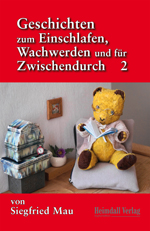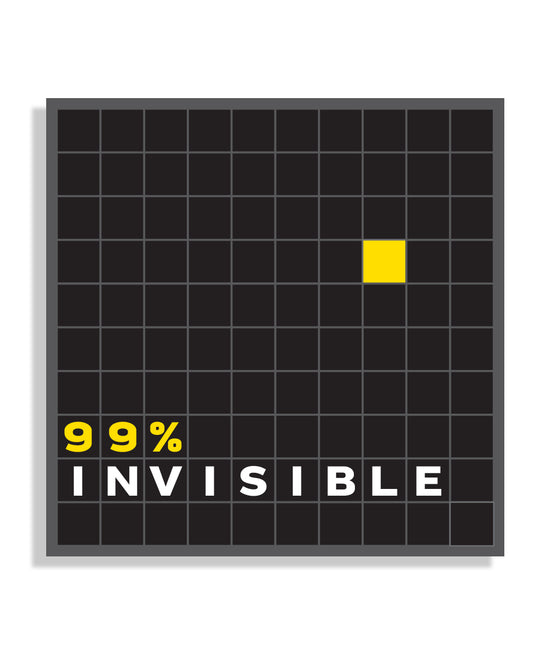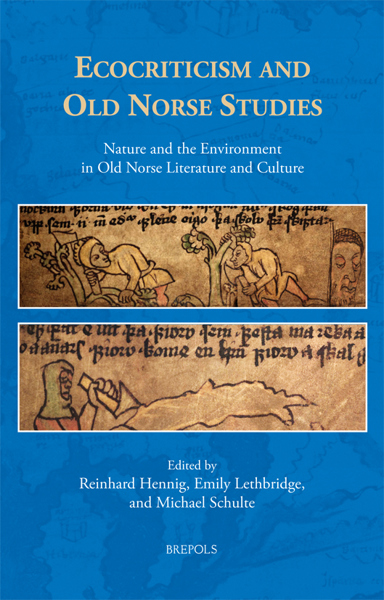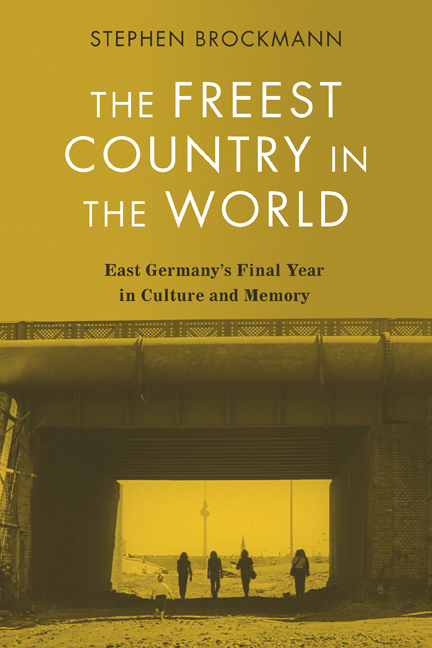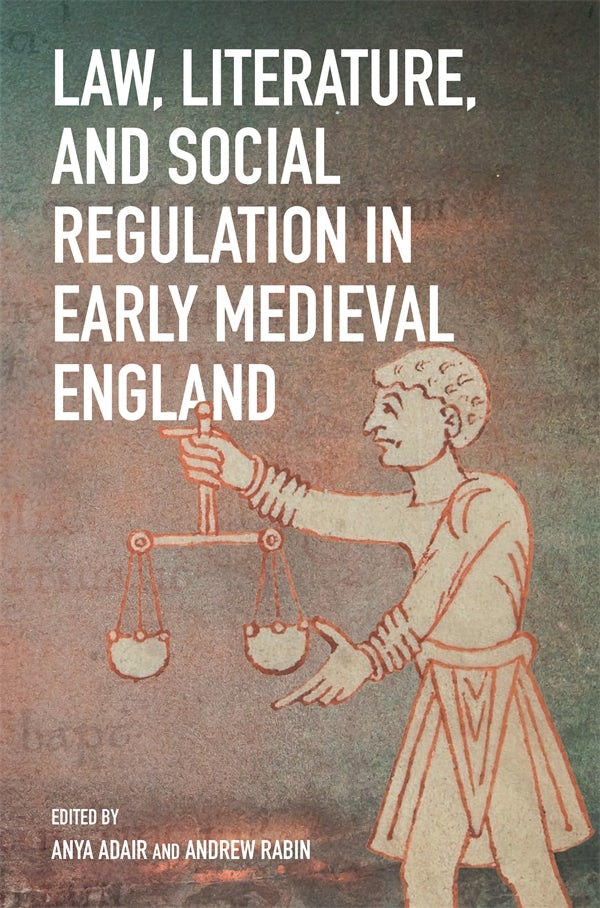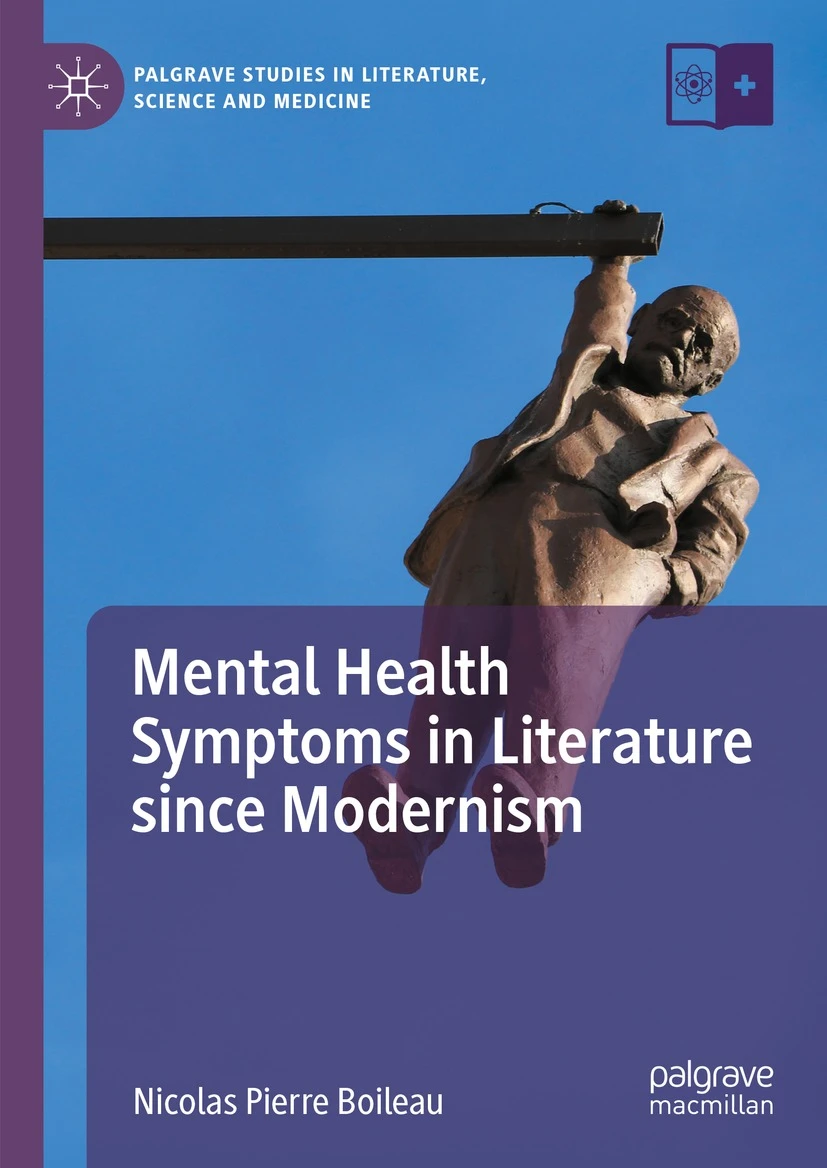 „Nâzim Hikmet gilt als Begründer der modernen türkischen Lyrik. Der Dichter und Sozialist prägt im 20. Jahrhundert die Literatur in der Türkei – trotz Verfolgung, Publikationsverbot und Exil.
„Nâzim Hikmet gilt als Begründer der modernen türkischen Lyrik. Der Dichter und Sozialist prägt im 20. Jahrhundert die Literatur in der Türkei – trotz Verfolgung, Publikationsverbot und Exil.
Seinen Traum vom freien Leben in Solidarität fasst Nâzim Hikmet 1947 in drei mittlerweile weltberühmten Zeilen zusammen: „Leben! Einzeln und frei wie ein Baum / Und brüderlich wie ein Wald, / das ist unsere Sehnsucht.“ (Auszug aus Nâzim Hikmets Gedicht „Davet“ („Die Einladung“))
In seinen Schriften kämpft der türkische Schriftsteller und Lyriker für bedingungslose Liebe und soziale Gerechtigkeit. Er nimmt dabei den Blick von unten ein: In den 1920er-Jahren hat er in Anatolien die Armut der türkischen Landbevölkerung kennengelernt. Diese Menschen werden später in Werken wie „Scheich Bedreddin“ und „Menschenlandschaften“ verewigt. Seine Helden seien „weder Generäle noch Sultane“, sondern „Arbeiter, Bauern und Handwerker“, notiert Hikmet.
Fasziniert von der Oktoberrevolution
Hikmet selbst stammt aus bildungsbürgerlichen Verhältnissen. Er wird am 15. Januar 1902 in Thessaloniki geboren, das damals noch zum Osmanischen Reich gehört. Die ersten Jahre verbringt er bei seinem Großvater in Istanbul, einem einflussreichen Aristokraten. Der Vater ist Beamter des Außenministeriums, die Mutter ist eine in Paris ausgebildete Malerin.
Als Nâzim fünf Jahre alt ist, ziehen auch seine Eltern aus dem Osten der Türkei nach Istanbul. Die politischen und kulturellen Kontakte der Familie sorgen für reichlich intellektuelle Anregungen, sodass Nâzim bereits mit elf Jahren erste Gedichte schreibt. 1917 besucht er auf Wunsch des Vaters eine Marineakademie in Istanbul. Er bricht die Offizierslaufbahn jedoch ab, weil die Oktoberrevolution in Russland ihn fasziniert.
In Moskau studiert
Im Ersten Weltkrieg kämpft das Osmanische Reich an der Seite Deutschlands und gehört zu den Verlierern. In Anatolien formiert sich Widerstand gegen die siegreichen Alliierten. Hikmet schließt sich 1918 den Befreiungskampf an, der von den zukünftigen Begründern der Türkei geführt wird.
1922 reist er für drei Jahre nach Moskau, studiert Soziologie und Kunstgeschichte. Er erhält Kontakt zu den sowjetischen Futuristen und wird besonders durch den Dichter Wladimir Majakowski und den Theaterregisseur Wsewolod Emiljewitsch Meyerhold beeinflusst.
Immer wieder inhaftiert
1924, ein Jahr nach Atatürks Republikgründung, kehrt Hikmet nach Istanbul zurück. Er veröffentlicht drei Gedichtbände und wird Mitglied der – in seiner Heimat verbotenen – Kommunistischen Partei. Wegen der Mitarbeit an einer linksorientierten Zeitschrift werden auch seine Werke verboten. Hikmet, der in seinen Schriften den aufsteigenden Faschismus in Europa kritisiert, wird immer wieder inhaftiert.
1938 wird er in einem Schauprozess zu 28 Jahren Gefängnis verurteilt. Dort erteilt er Mitgefangenen Unterricht in Ökonomie und Politik. Hikmet übersetzt unter Pseudonym mehrere Klassiker, darunter auch Leo Tolstois „Krieg und Frieden“. Er verfasst aber auch eigene Werke und Gedichte.
Nach Hungerstreik begnadigt
Ende der 1940er-Jahre verschlechtert sich Hikmets Gesundheitszustand dramatisch. 1950 tritt der Schriftsteller in den Hungerstreik. Eine internationale Kampagne fordert seine Freilassung. Die Petition an den türkischen Staatspräsidenten wird unter anderem von Bertolt Brecht, Jean-Paul Sartre, Pablo Picasso und Pablo Neruda unterzeichnet.
Noch im selben Jahr wird Hikmet begnadigt. Als der 49-Jährige jedoch zum Militärdienst einberufen wird, flieht er nach Moskau. Die Türkei bürgert ihn daraufhin aus. Seine anfängliche Begeisterung für die Sowjetunion schwindet allerdings. Im satirischen Theaterstück „Iwan Iwanowitsch“ rechnet er mit dem Stalinismus ab.
Paris als geistiger Zufluchtsort
In seinen letzten Jahren reist Hikmet viel. Er ist unter anderem in Italien, Deutschland, China und Afrika unterwegs. Auf Kuba schreibt er seine berühmte Havanna-Reportage. In Paris – sein geistiger Zufluchtsort – trifft der Dichter neben Wissenschaftlern und Künstlern auch Freunde wie den exilierten türkischen Maler Abidin Dino.
Am 3. Juni 1963 will Nâzim Hikmet in seinem Moskauer Exil die Zeitungen aus dem Briefkasten holen. Dabei stirbt der 61-Jährige an einem Herzinfarkt. Er wird auf dem Nowodewitschi Friedhof in Moskau beerdigt. Seine Werke, die in 60 Sprachen übersetzt werden, bleiben in der Türkei noch bis in die 1990er-Jahre verboten. 2009 erhält der Verstorbene posthum auch die türkische Staatsbürgerschaft zurück.“
(WDR, Melahat Simsek, Gesa Rünker)
Sie können die Sendung, die am 3.6.2023 in der Reihe „ZeitZeichen“ lief, über die Seite des WDR nachhören oder als Audiodatei herunterladen.
